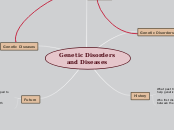av Nadia MACAULEY 3 år siden
197
undefined
The classification of abnormality and normality involves various perspectives and criteria. One approach views maladaptive behavior as a failure to function adequately, though not all who exhibit such behavior are deemed abnormal.









